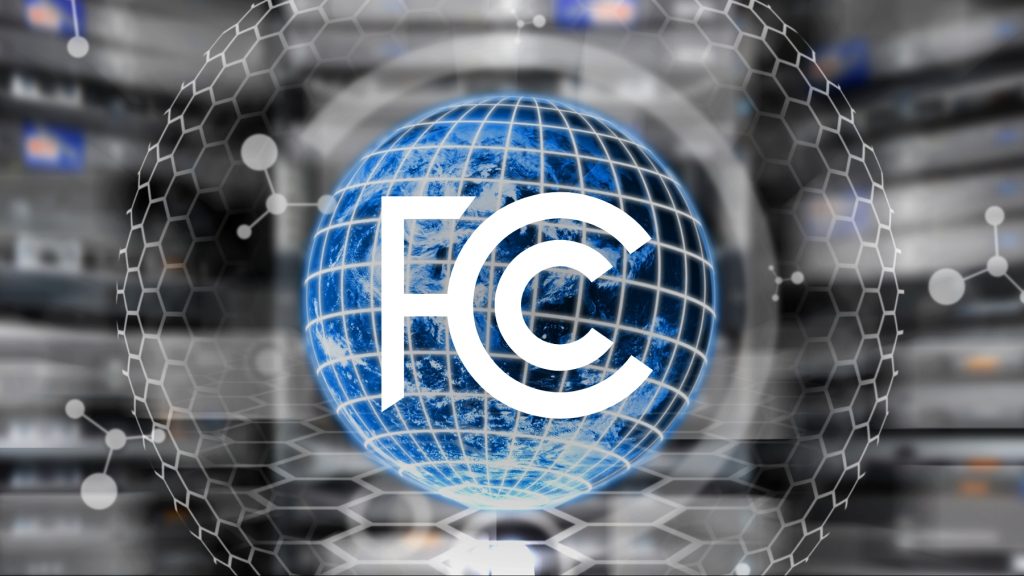
The U.S. FCC is getting ready for a crucial vote on April 25th to potentially reinstate net neutrality, a controversial telecommunications policy.
- Net neutrality principles ensure equal treatment of all data on the internet.
- In 2017, the FCC repealed the rules, inadvertently diminishing its oversight over ISPs.
The U.S. Federal Communications Commission (FCC) will be voting on reinstating network (net) neutrality rules on April 25th, possibly reversing the Trump-era decision.
While net neutrality principles have been discussed since the early days of the internet, it wasn’t until 2010 that the FCC established them under President Barack Obama’s administration. The principles dictate that the government and Internet Service Providers (ISPs) treat all data on the Internet equally, regardless of content, user, platform, application, or device. This means that ISPs can’t block, slow down, or charge extra fees for specific online content. In turn, this ensures an open and competitive internet.
A prime example of net neutrality in action is YouTube’s success story. Back in 2005, when YouTube was just a small startup company and long before Google purchased it, the absence of fast lanes allowed the company to compete with bigger companies, like Google Video.
Writing for The Washington Post, Tom Wheeler and Senators Ronald Lee Wyden and Al Franken put it as follows: “Because of net neutrality, YouTube was able to contend with Google on a level playing field. Internet service providers treated YouTube’s videos the same as they did Google’s, and Google couldn’t pay the ISPs to gain an unfair advantage, like a fast lane into consumers’ homes. Well, it turned out that people liked YouTube a lot more than Google Video, so YouTube thrived.”
However, in 2017, under President Donald Trump’s administration, the FCC, led by Republicans at the time, repealed the net neutrality rules. As a result, regulatory bodies stopped viewing broadband internet as a utility, like it does water and internet. This, in turn, diminished the FCC’s oversight over ISPs. Despite this, several states implemented their own net neutrality protections, including California, Washington, and Oregon.
Present day, the reinstatement of net neutrality rules has been a focal point for President Joe Biden’s administration. The FCC, now led by Democratic FCC Chair Jessica Rosenworcel, will be voting on reinstating the rules nationally. She told Reuters “The pandemic made clear that broadband is an essential service, that every one of us – no matter who we are or where we live – needs it to have a fair shot at success in the digital age.”
Ultimately, this provides the FCC with enhanced tools to address concerns related to equipment and services from foreign entities, particularly Chinese companies like Huawei and ZTE.
Why should you care?
Imagine for a minute that you have a small business, like an online bookstore. Naturally, you’d compete with giants like Amazon or Barnes & Noble. With net neutrality, your website would be accessible to consumers at the same speed and quality as Amazon’s, despite Amazon’s larger resources. Consumers would prefer to go to the quicker websites. So, when they want to buy a book, their choice between your business and the big retailers will not be influenced by how fast the pages load or how well the sites function, but rather by the merits of the businesses themselves.
Inside Telecom provides you with an extensive list of content covering all aspects of the tech industry. Keep an eye on our Connectivity section to stay informed and up-to-date with our daily articles.